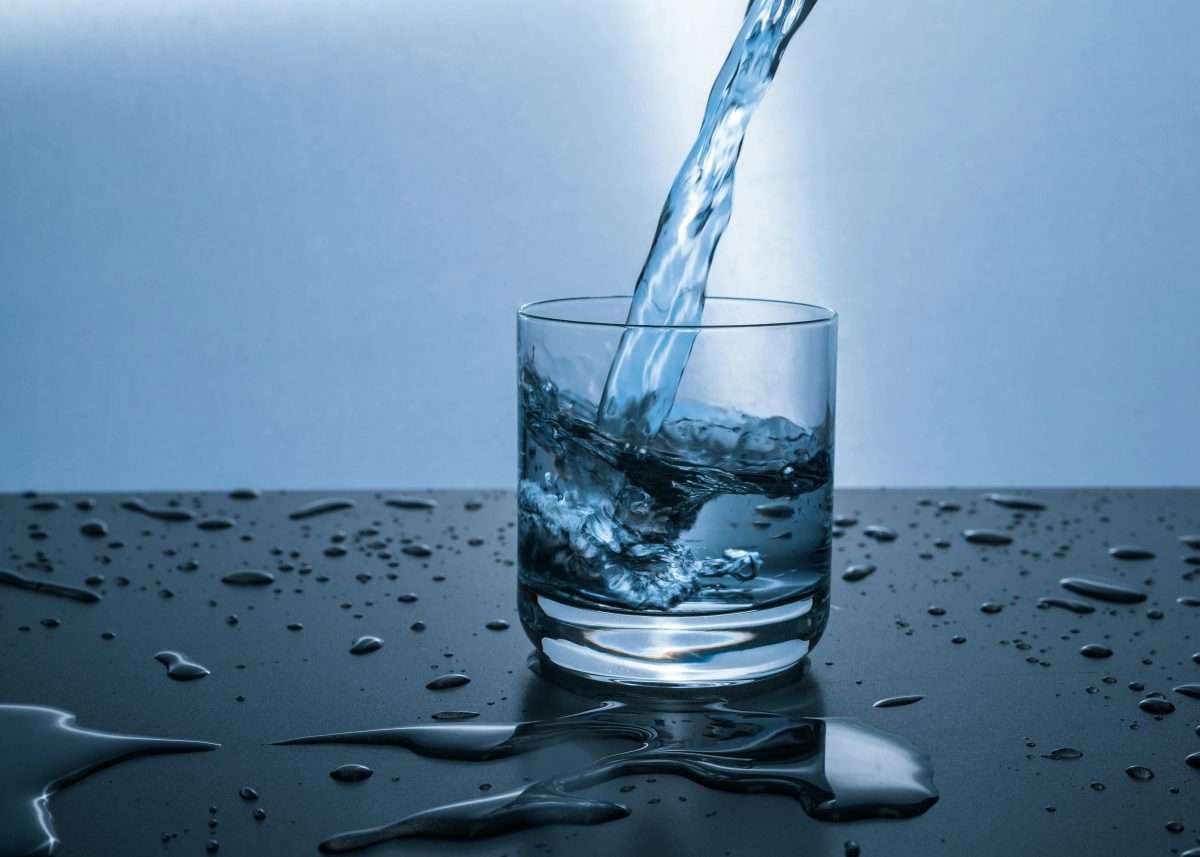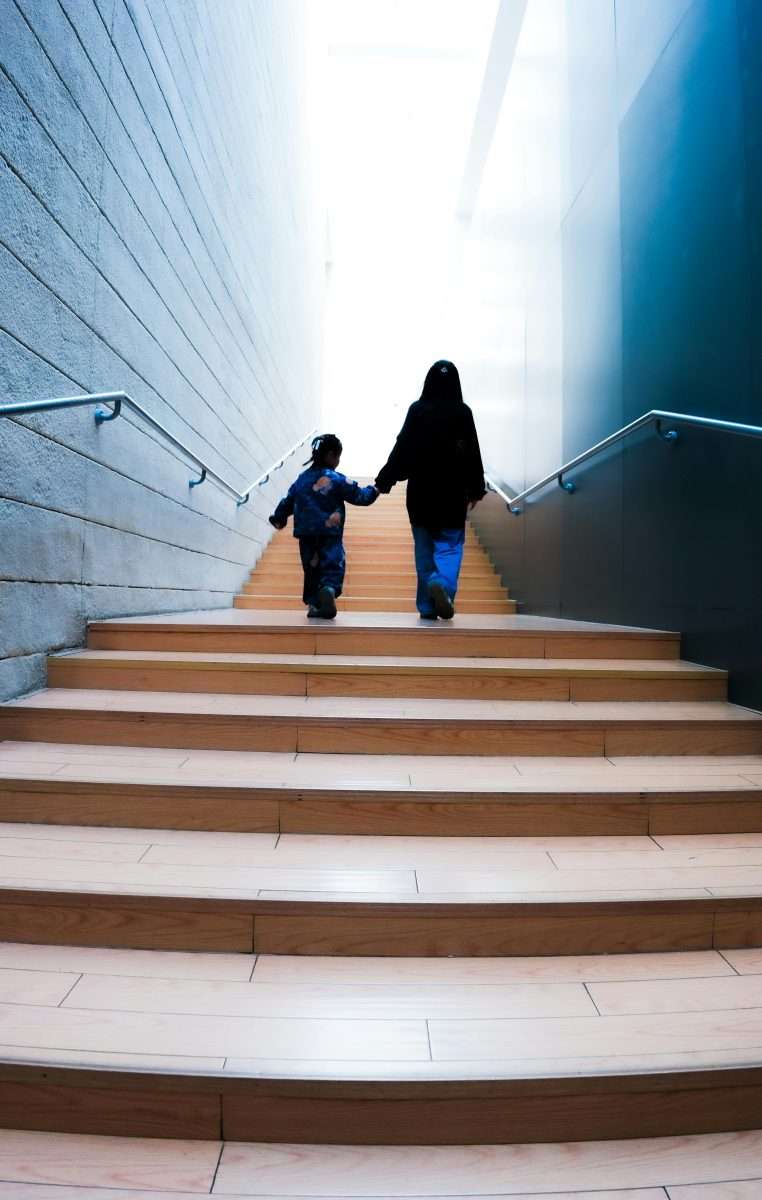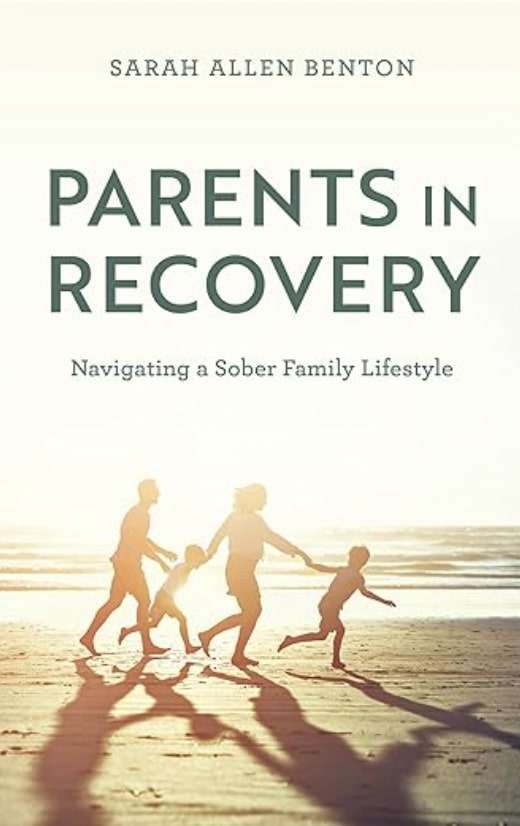Like many in her age group, Sarah Allen Benton didn’t think her behaviour around alcohol as a teenager was particularly unique.
“When I started drinking at the age of 14, I began with problematic drinking in the sense that I blacked out,” Benton told Lianne Castelino during an interview for Where Parents Talk. “I did not have control over how much I drank from a young age. I was binge drinking. It was something that other people were doing around me,” she says.
“Chameleon” is the word Benton uses to describe herself during that period — fitting in and not standing out. In fact, her image, back then, appeared to be squeaky clean. “I got really good grades. I was involved in a lot of extracurricular activities, captain of field hockey, and I was relatively happy. I was a happy kid.”
It confused her and at the same time gave her permission to keep going. Even as she regularly blacked out — once consuming 15 drinks in an evening — she appeared to be hiding in plain sight.
There seemed to be nothing to suspect. No one in Benton’s family drank beyond excess. She was not rebelling against abuse or trauma. It seemed to be wired into her, until Benton became suspicious herself. “I was a high functioning alcoholic.”
The binge drinking as a teen continued through university and into her early 20’s. “I thought I was just going to phase out of my problematic drinking,” she says. “I just couldn’t get a handle on how much I drank. I could take three months off or six months off, but when I did reintroduce alcohol into my life, I couldn’t control my intake. And that was very perplexing to myself and to people that were around me as well.”
It was when she was in her early 20’s, living in Los Angeles and working in media that a journal entry on her 23rd birthday became a tipping point. She gave herself the gift of six months without alcohol. Not to quit—just to reset, to “fix” herself. But even then, she didn’t understand what was happening. Her body ached. Her anxiety spiked. She thought something was wrong with her nervous system. No doctor mentioned alcohol.
When she resumed drinking, everything got better—briefly — reinforcing the cycle.
A High Achiever No One Suspected
Benton didn’t drink every day. She drank twice a week. But when she did, it was full-on bingeing. Blackouts. Disappearing for hours. Risky behaviour and shame. The idea that addiction looks like a bottle-a-day, down-and-out lifestyle—kept her from recognizing the truth: addiction doesn’t always follow a script.
“I knew that in order to have the life I wanted, I was going to need to take alcohol out of my life,” she recalls.

“Even though I didn’t want to, I really wanted to keep it in my life and tried for four years to do anything — moderation management — I tried everything you can think of exercise, deep breathing meditation before I went out. It took me until I was 27 to actually get there.”
By 27, Benton hit her breaking point—crossing a behavioural line — “waking up and just feeling that I couldn’t put myself through, the shame, the upset, the knowing people were upset at me,” she recalls.
“I would disappear, my phone would be off, people wouldn’t know where I was, where I woke up. I would sort of disappear in the city. I just felt like a hole in my soul after years of this.”
The Tipping Point
The awakening prompted Benton to call her mother and confess. Her mom said the words: “You’re an alcoholic.” That raw truth propelled Benton to get medical help.
“That’s the part I think of this disease that’s so insidious is that very intelligent people can sit there and out-dumb themselves because the overthinking process is actually indicative of addictive behaviours,” says Benton who during this time also set the wheels in motion to become an addictions counsellor.

“It’s actually really simple.” she continues. “If you can’t control it — if you’re drinking and you’re doing things that are beyond your control when you’re drinking — you should stop drinking. But the problem is your addiction doesn’t want you to stop.”
Redefining Recovery: More Than Just Removing Alcohol
Now almost two decades sober, Benton is married and a mom. She met her husband in recovery. Their recovery journey is a lifestyle, embedded in their family values: Self-care. Boundaries. Emotional regulation. Talking about feelings. Knowing when to say no.
“Just removing a substance or an addictive behaviour out of your life and not changing anything in your life does not put you into a place of recovery,” she says.
 “Recovery is multidimensional. It involves shifts and changes in various domains of your life to essentially change your lifestyle. So recovery is a lifestyle evolution.”
“Recovery is multidimensional. It involves shifts and changes in various domains of your life to essentially change your lifestyle. So recovery is a lifestyle evolution.”
Parenting with Purpose
Benton is also mindful of raising a child whose parents are both in recovery. “My daughter’s entire life is affected by my husband and my recovery because we live our lives in a certain way because of our past addictions,” shares Benton.
“The antithesis of that has been being proactive about self-care, about downtime, about over-scheduling, about going to see a therapist ahead of time, about talking about our feelings, about coping skills — things that are not learned in school — emotion regulation, about all of these things that we realized we learned.”
She offers this additional perspective through the lens of being a mom: “I think that parents have greater stress factors and risk for having addictive behaviours, because of the sense of responsibilities that they have in their lives and just all the complications that come with being a parent.”
What the Science Says
And while she would never change being a mom, she is mindful of her lived experience and the science.
“The National Institute on Alcohol Abuse and Alcoholism found that if teenagers could delay their use of alcohol to the age of 15, they would decrease their chances by 40 percent of developing an alcohol use disorder, regardless of their family history, and that each year following that, that you delayed it, you could decrease the risk by 7%,” she says.
It is all part of the reason why Benton wrote her second book, Parents in Recovery: , which brings together 400+ years of collective experience through interviews, insights, and stories. A practical guide, a memoir and a reality check.
“If I go back in time and think about all the meetings I’ve sat in for self-help groups, the clients that I’ve done assessments on, most people who have an alcohol use disorder or substance use disorder started use at the age of 13 or 14,” she says. “That statistic is real. I’ve seen it in my life.”
Related links
Related articles:
Healing Relationships Amidst Addiction with Janice Johnson Dowd
Impact of Drinking Alcohol: New Scientific Findings
The Impact of Sports Betting, iGaming, Youth Gambling and Addiction
How to Build Addiction-Resistant Kids: POV from a Mom in Recovery
